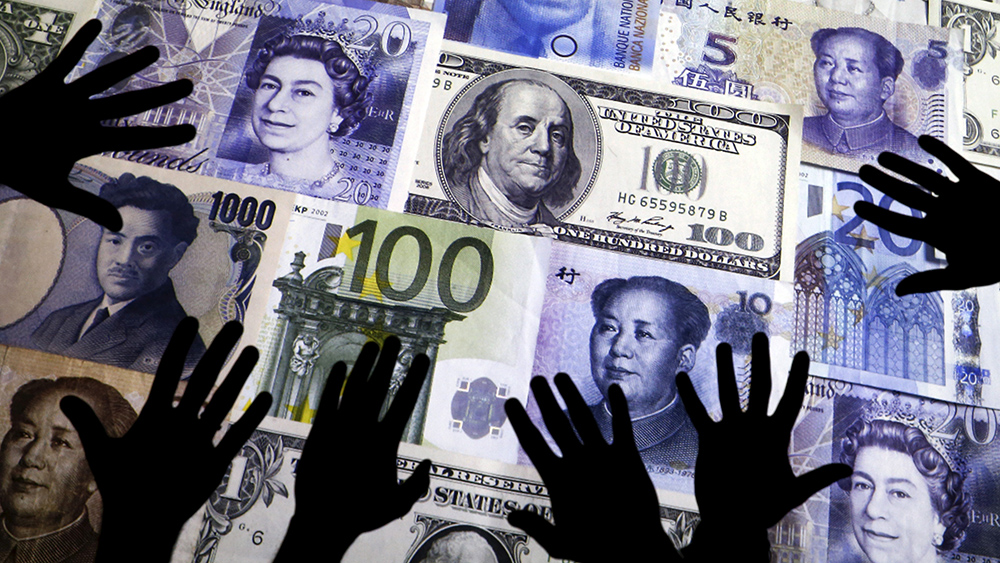Confidential tax havens reports have been revealed by a leaker and published by International Consortium of Investigative Journalists (ICIJ)
Earlier this week, a series of confidential documents on the clients of a law firm located in Panama, that specializes in setting up offshore companies, were published by ICIJ. The firm is called Mossack Fonseca.
11.5m files covering 40 years were exposed under the name of “Panama papers”. The offshore holdings of 140 important politicians and state officials containing huge amounts of money as well as transactions among blacklisted companies were published.
The files include information on the hidden $2 billion accounts of friends of Vladimir Putin. The relatives of China’s president, Pakistan’s prime minister, Syria’s dictator, Azerbaijan’s president, South Africa’s president, Iceland’s prime minister and Britain’s prime minister are also involved in this scandal. Both clients and law firm deny illegality.
According to the data disclosed by the ICIJ, corruption and tax heavens around the world’s national governments are bigger than previously thought, as anonymous shell companies are being used to launder huge amounts of money or dodge legal taxes.
Disrupting the corruption
In order to minimize the offshore practices, governments should change penalties for illegal offshore companies registration. Countries worldwide can follow Britain’s example, a country that imposed stiff regulations on that matter.
Moreover, law firm and intermediaries involved in offshore companies and trusts’ setting up should regulate their policies in order to make sure their clients can be trusted honest. Governments should upgrade official both anti-money-laundering protection methods and criminal offense penalty for tax evasion.
As a consequence of the Panama papers enormous scandal, PM David Cameron will host a global anti-corruption summit in May, to properly address the problems in the system.




